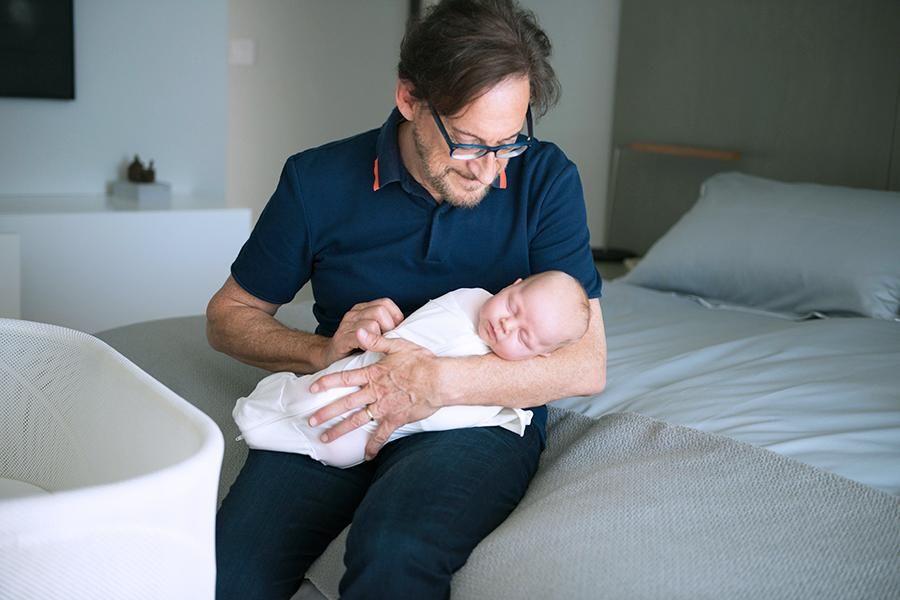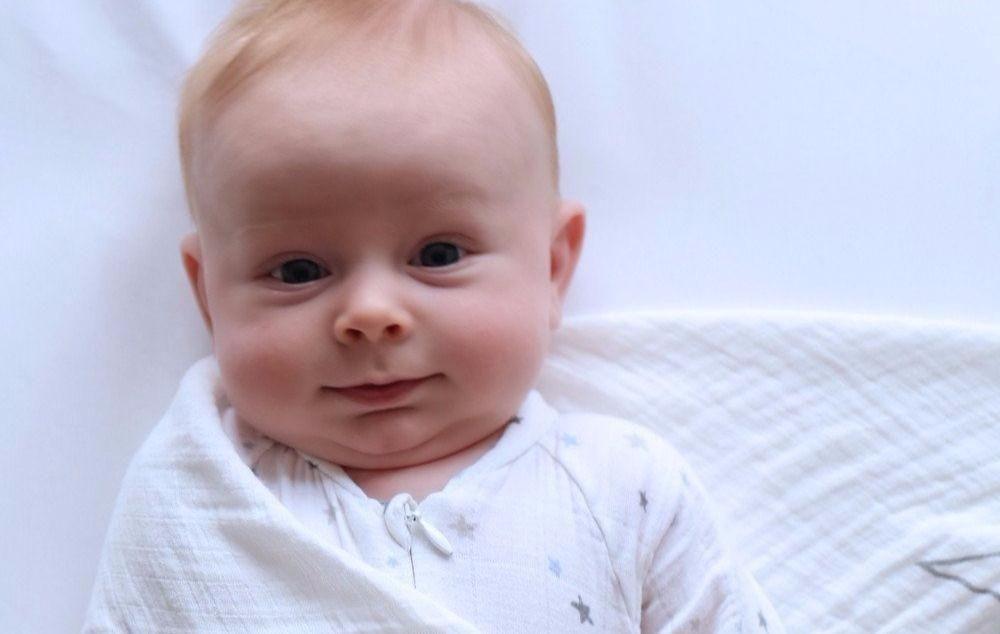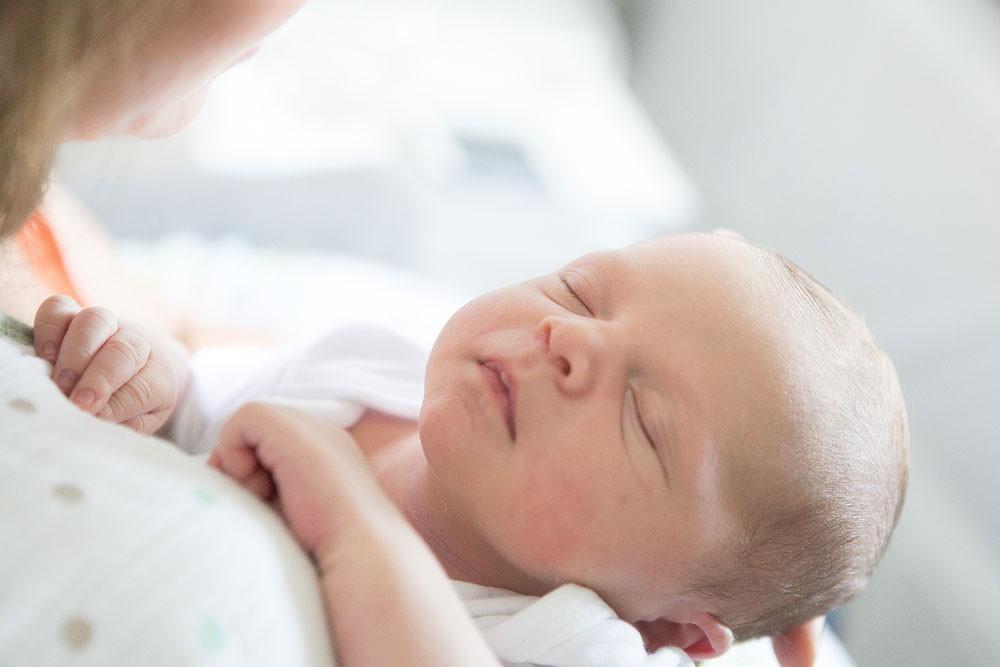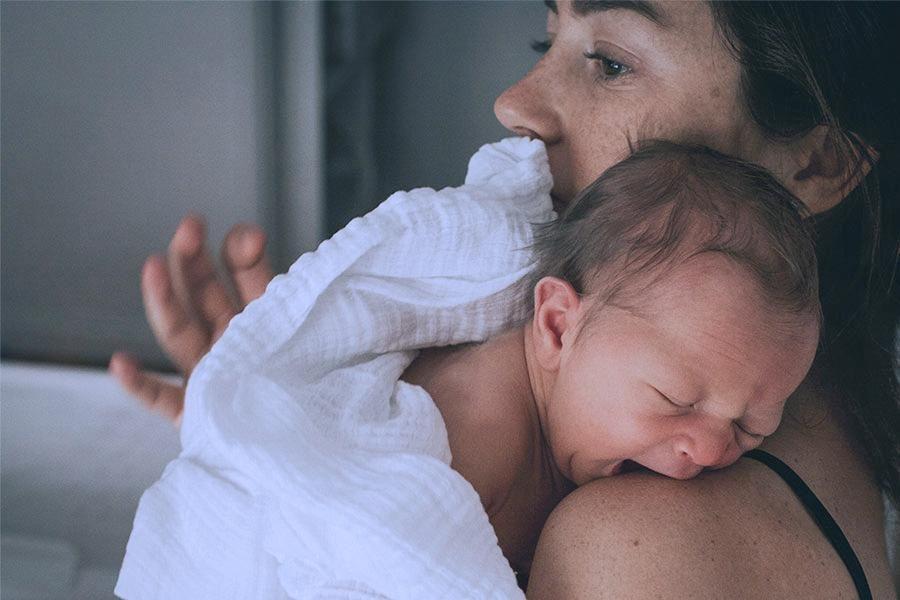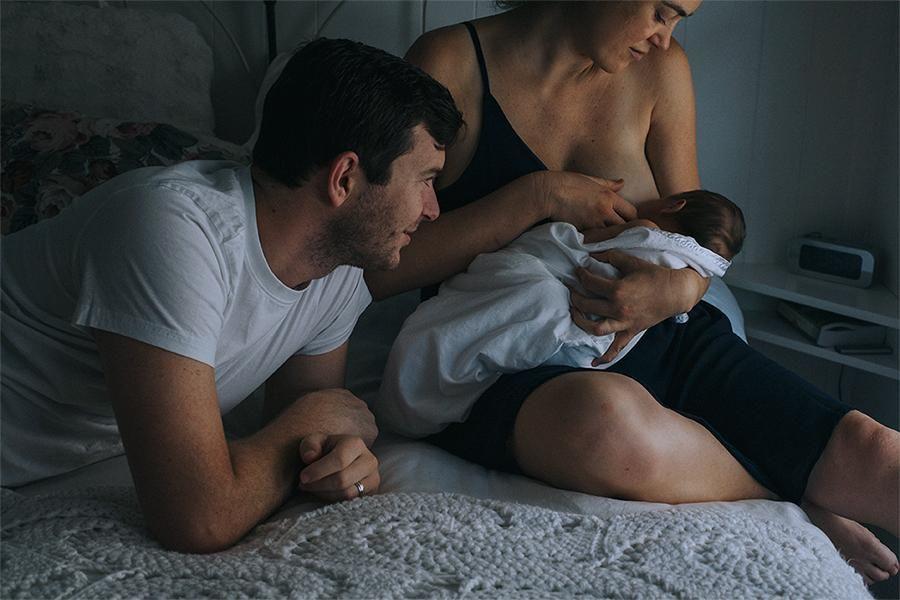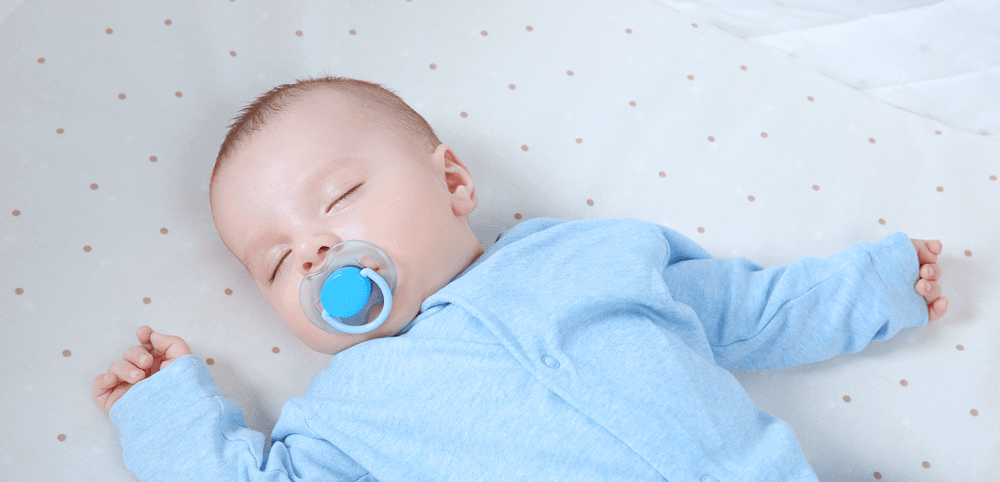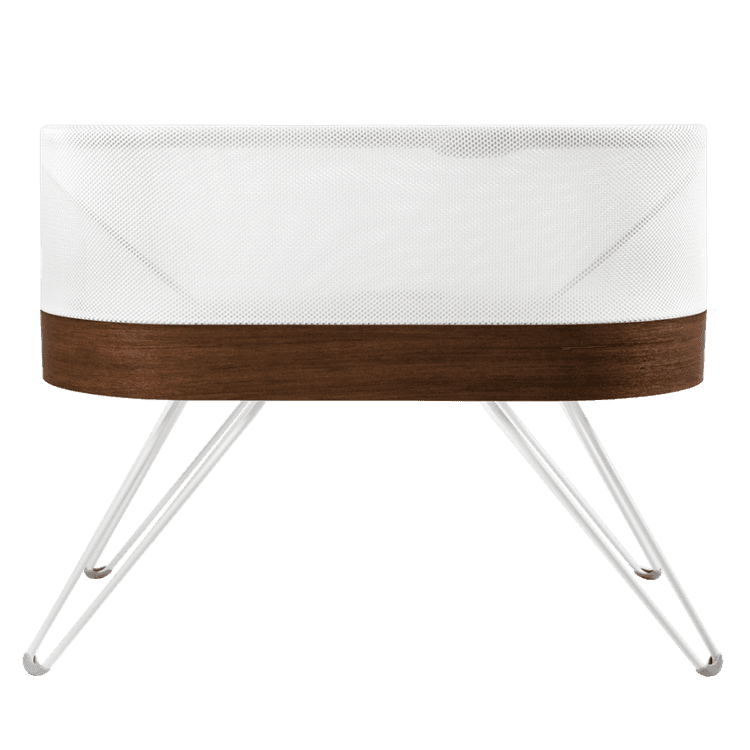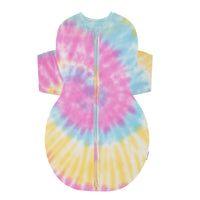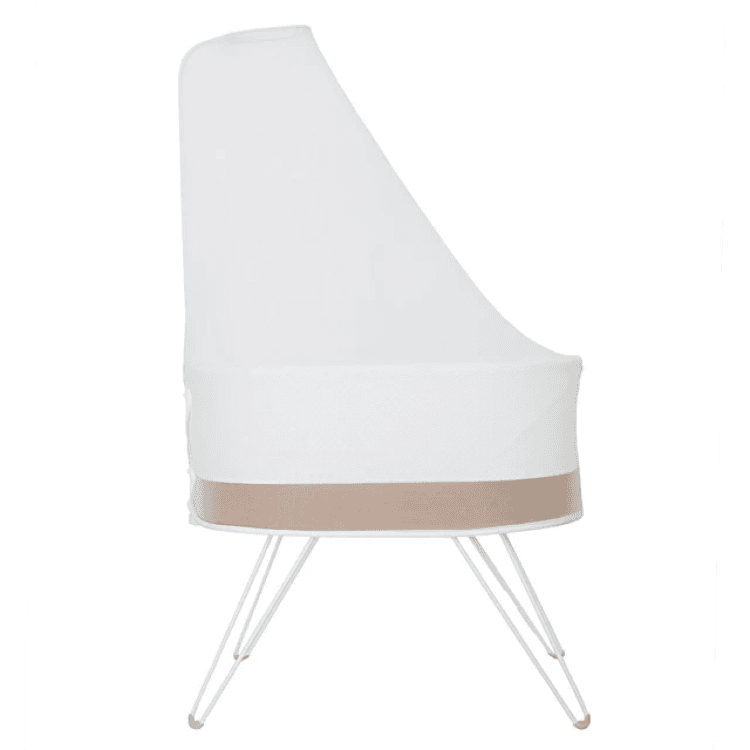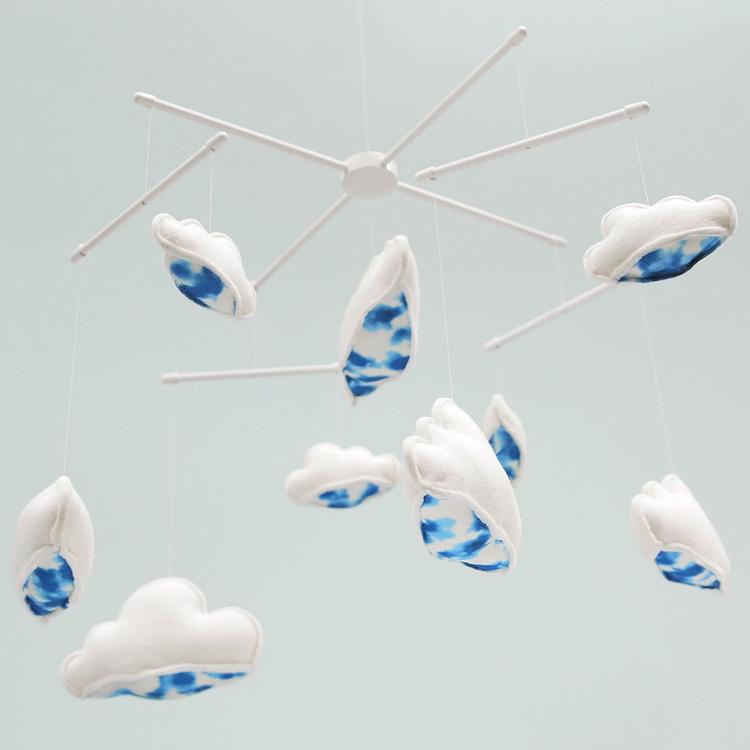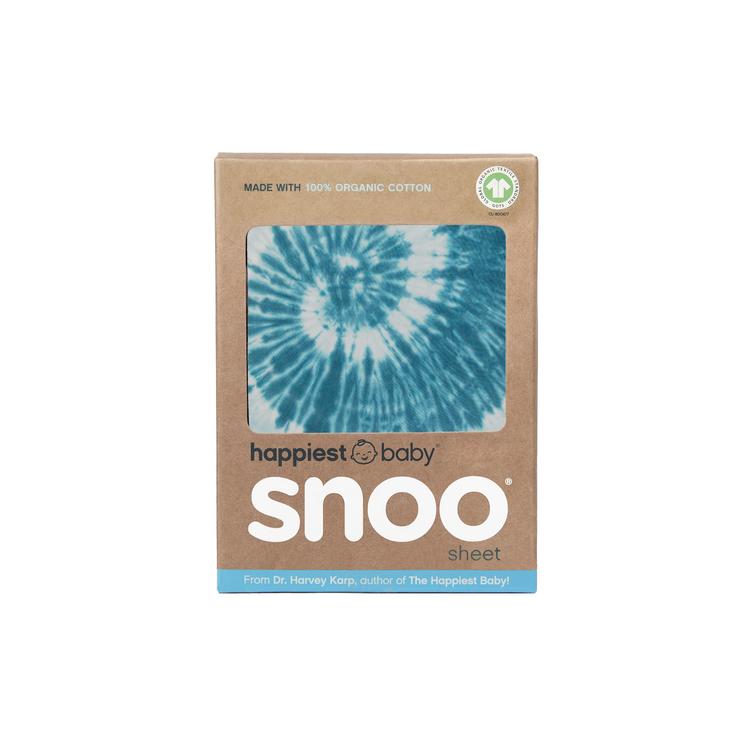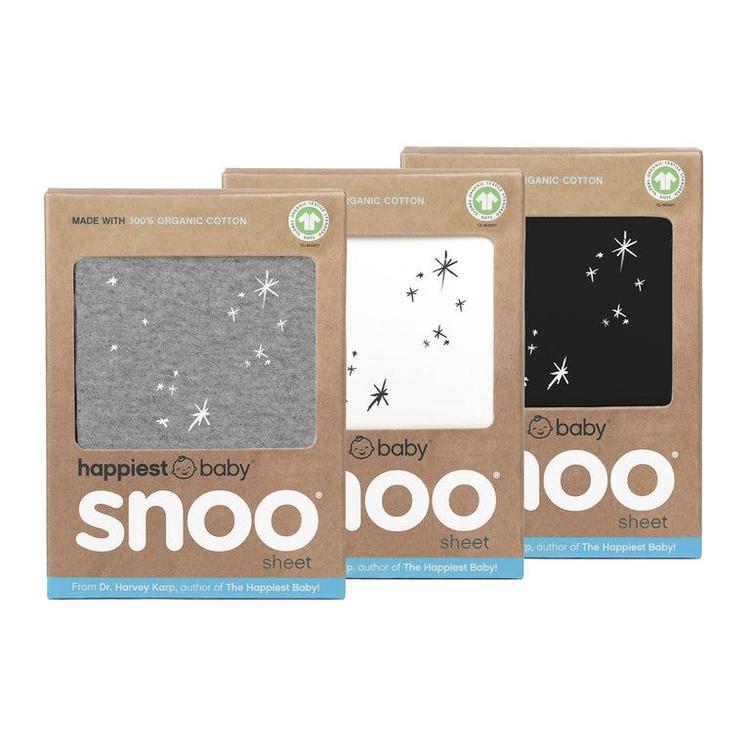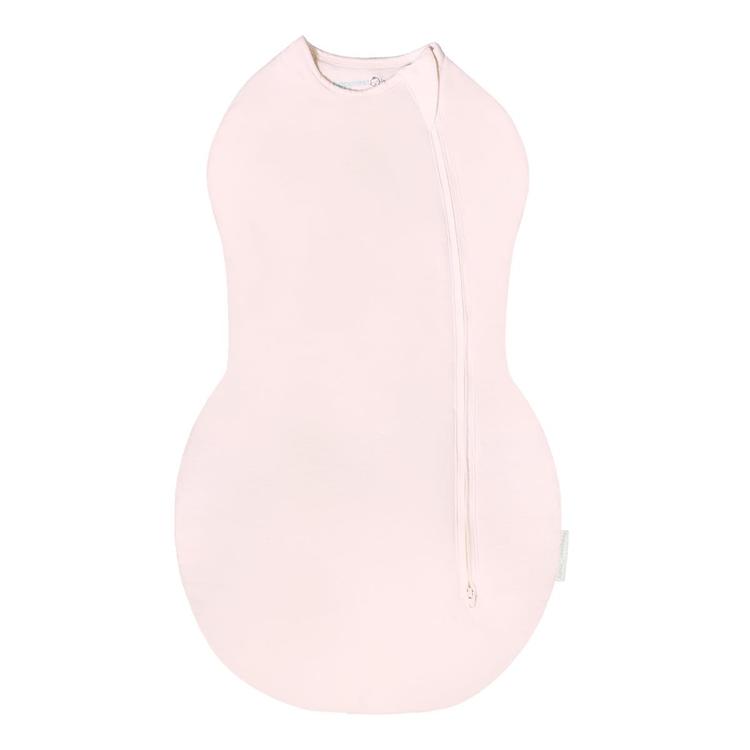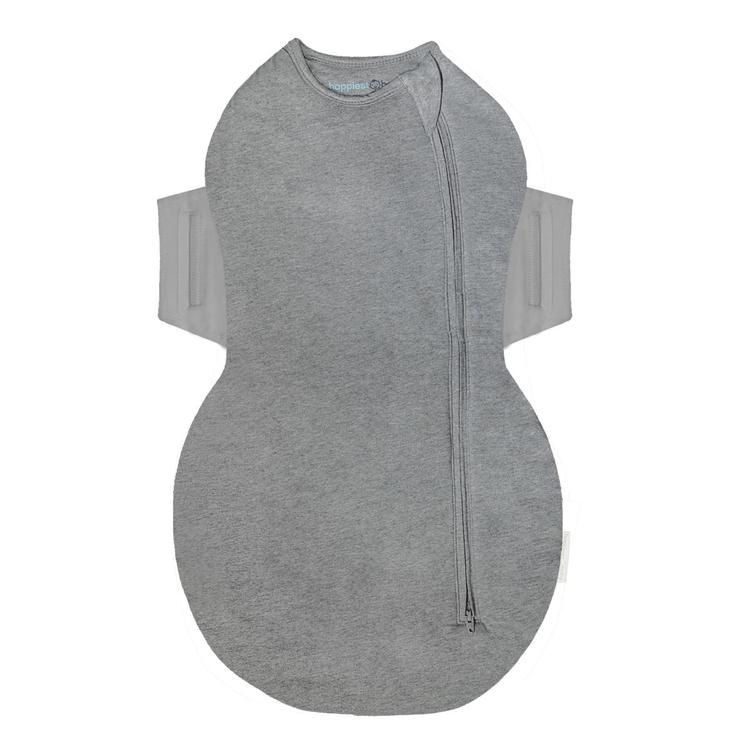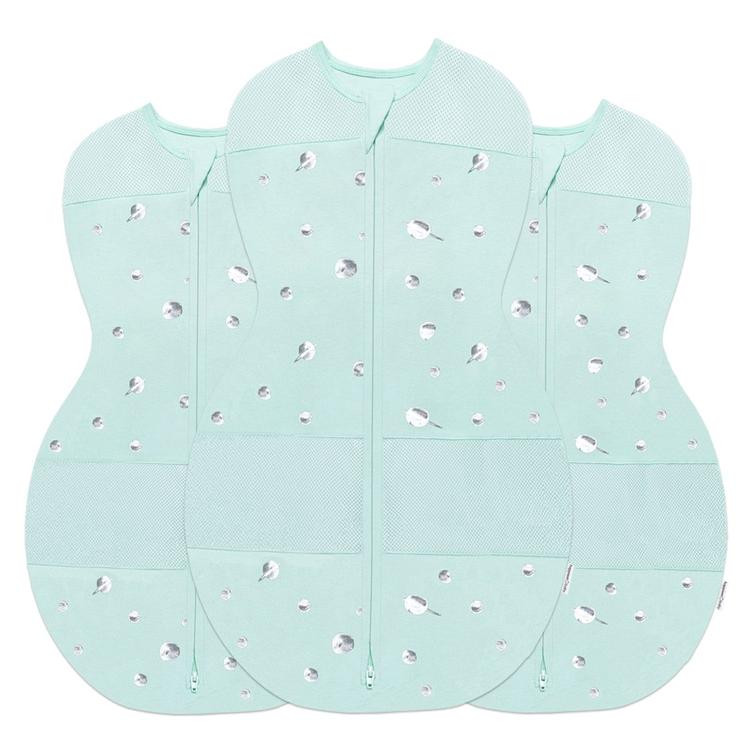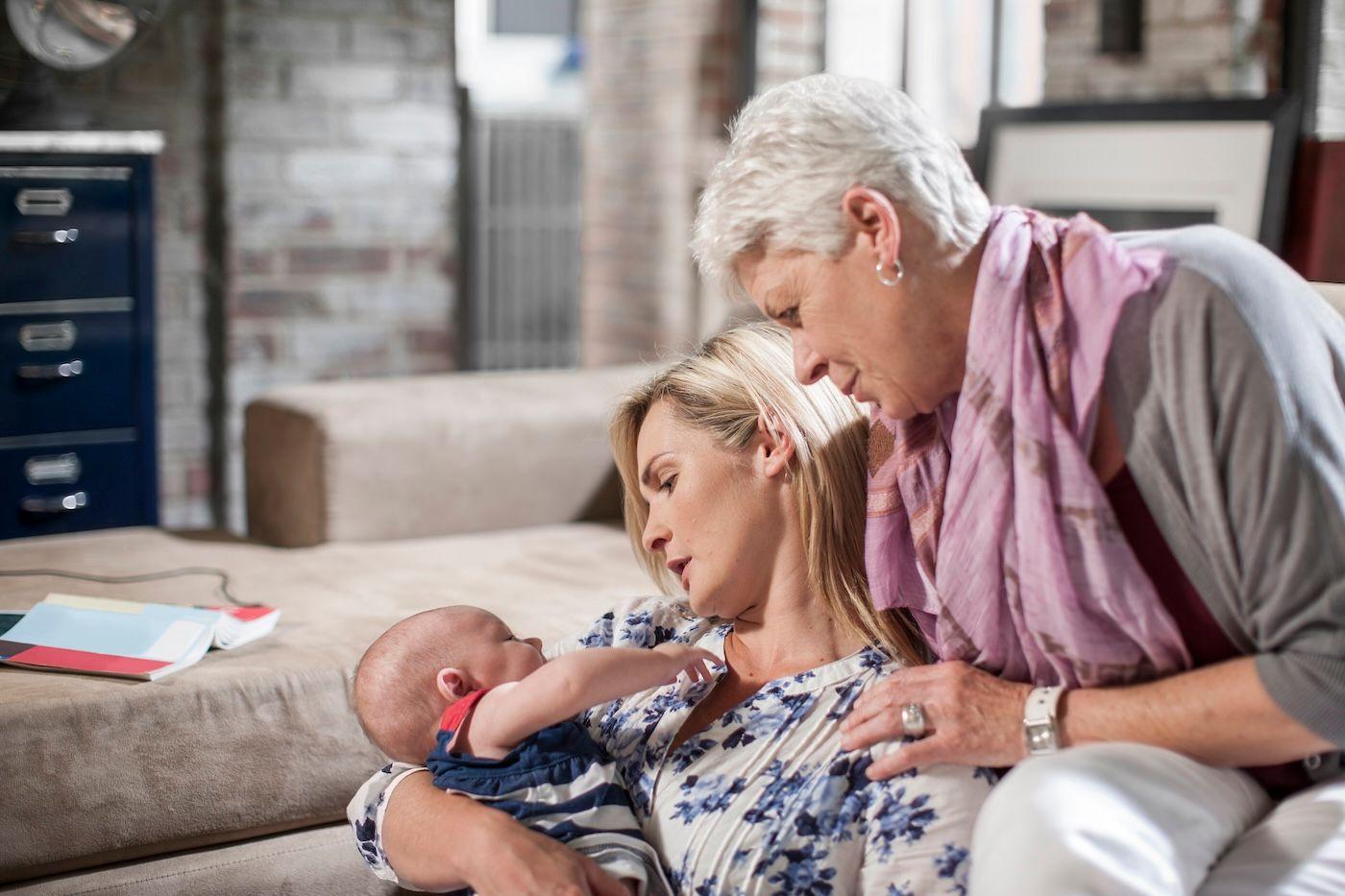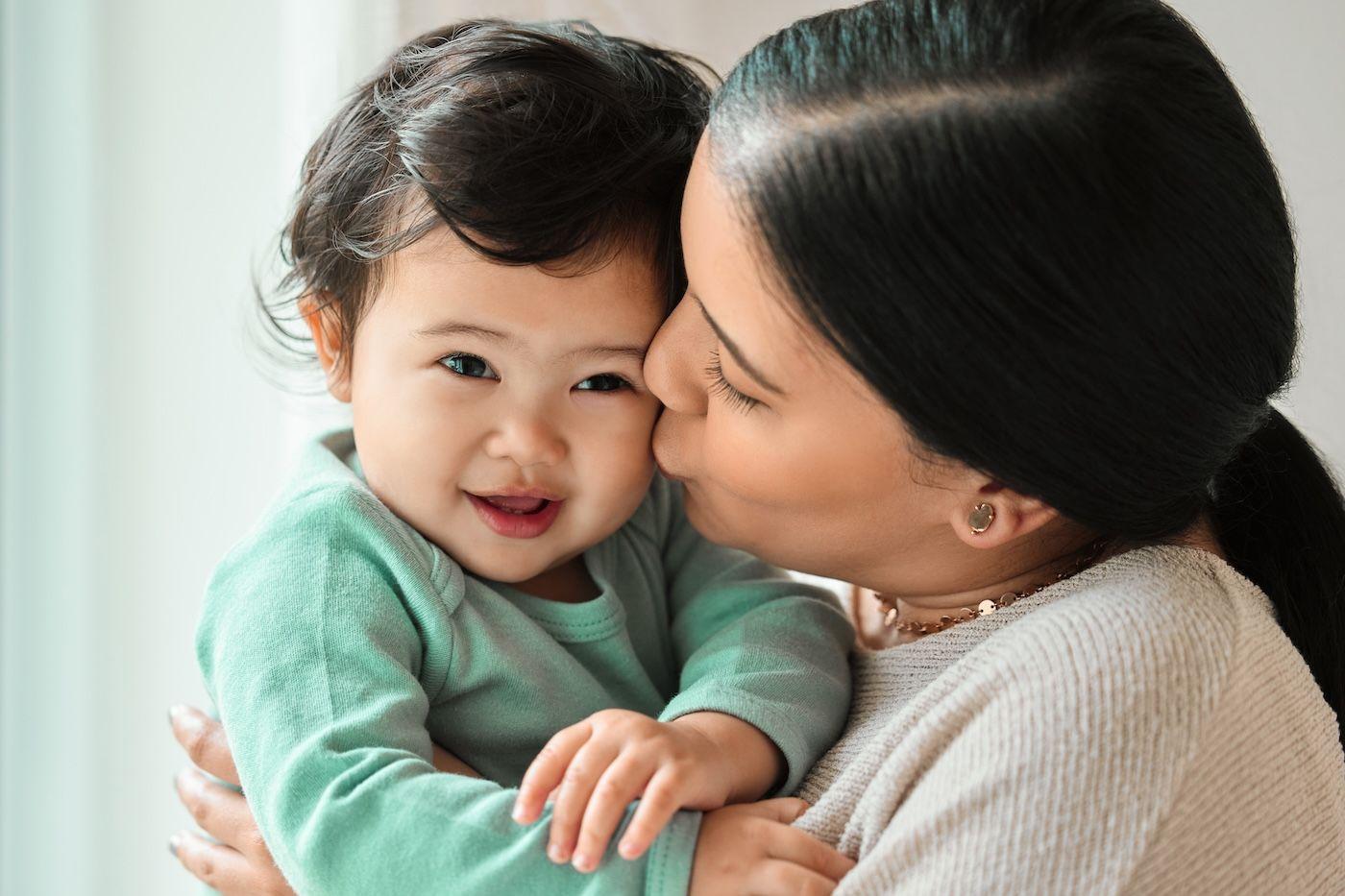PARENTS
10 Celebs Who Have Spoken Out About PPD
PPD is an isolating experience—but you are not alone! Here are 10 household names who shared their stories.
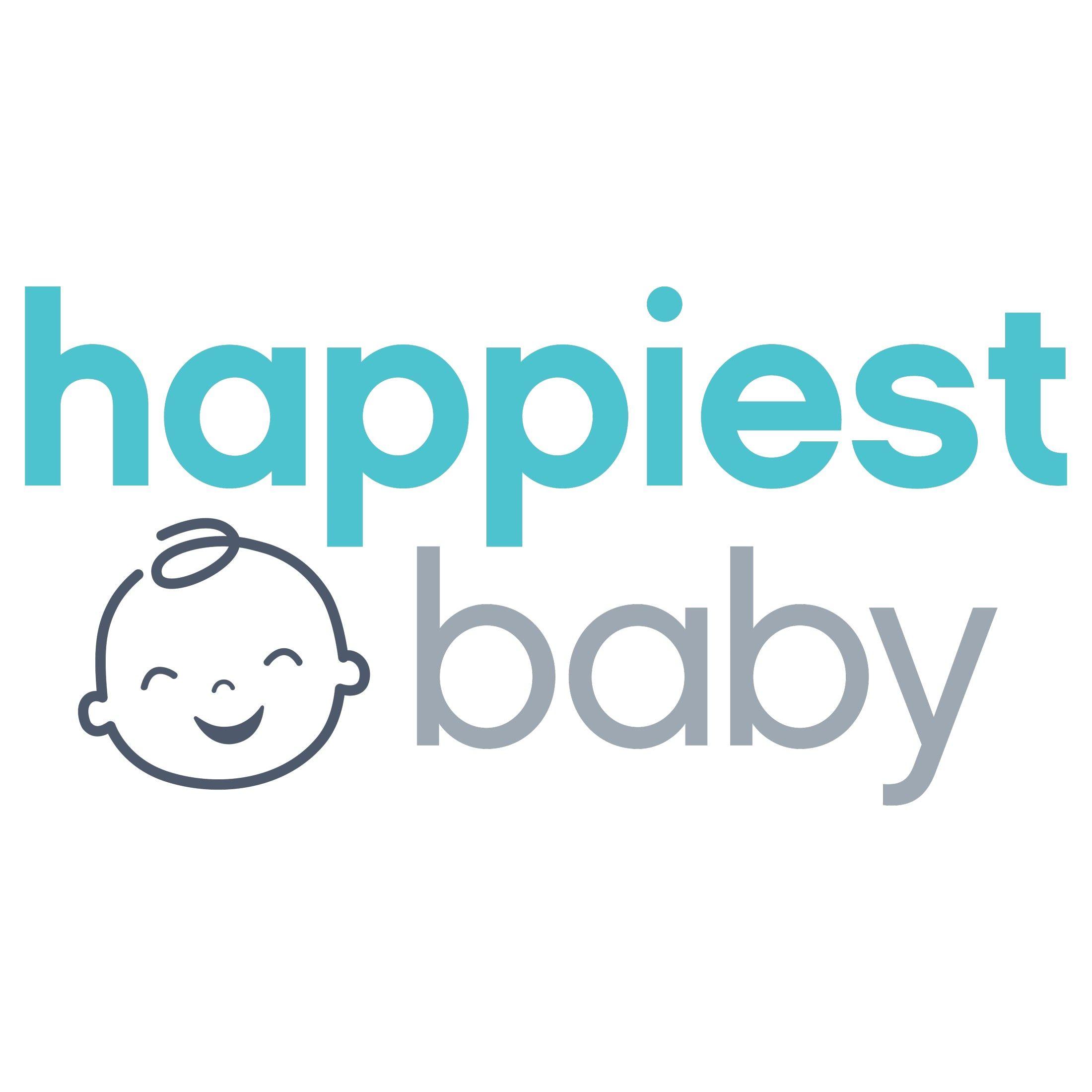
Written by
Happiest Baby Staff
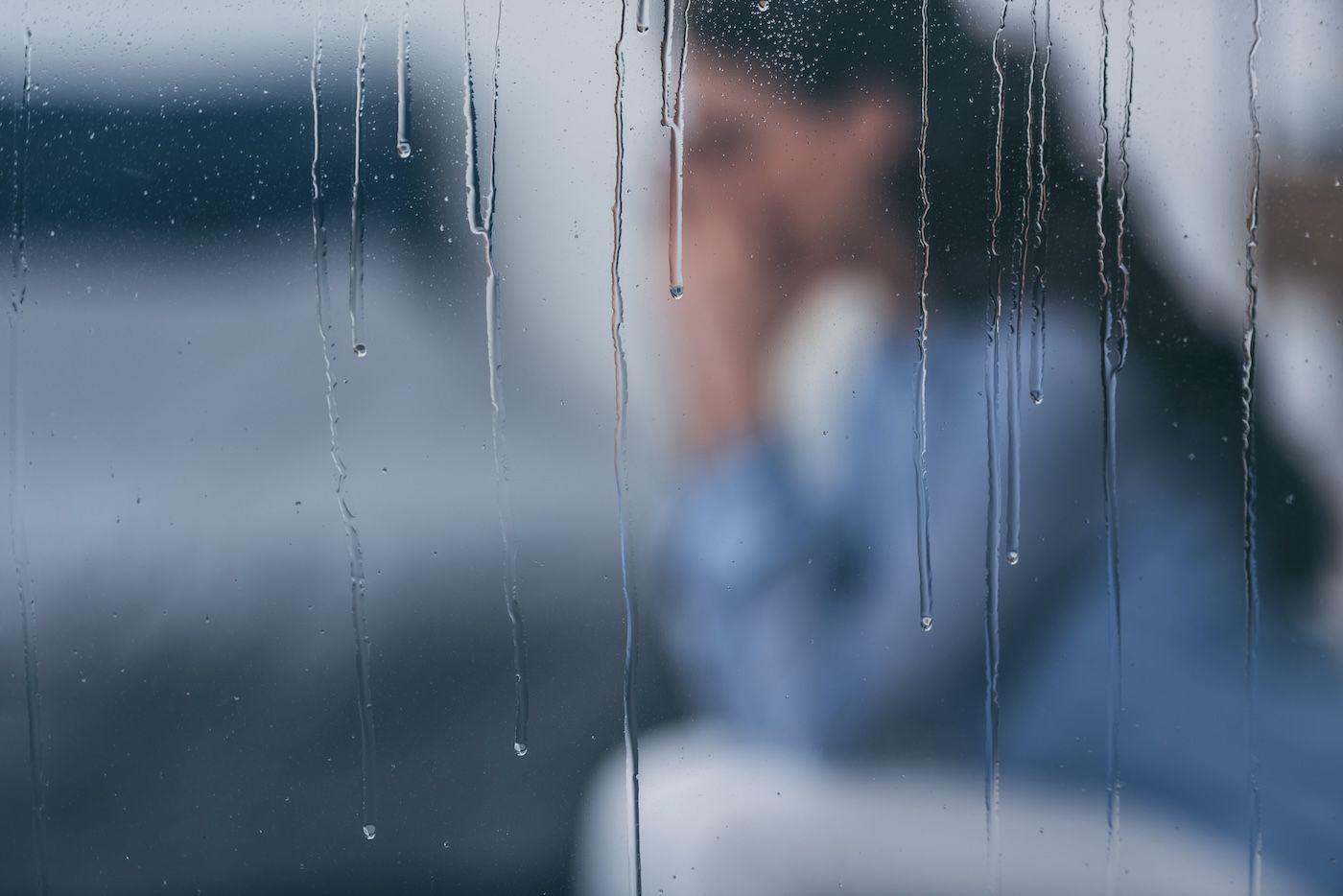
As the conversation around mental health has finally begun to swing toward compassion and away from stigma, more mothers are beginning to step out of the shadows of postpartum depression (PPD) to share their experiences with others. Celebrities help accelerate the speed at which we collectively normalise PPD by sharing their stories with their massive audience base, which is a huge step toward better understanding.
PPD is a clinical diagnosis of depression, and it is not a unique experience. Current estimates show that more than 1 in 10 new mothers will experience PPD in the first year after giving birth. When we consider that there are roughly 700,000 live births in the UK each year, this means that more than 70,000 new mothers will face PPD. That is an epidemic.
But for any new mother who has been through or is going through PPD, the experience can feel very lonely. That is why it can be helpful to hear stories shared by other mothers who have already been through it. With that in mind, here are 10 household names who have come out to speak candidly about their struggles with PPD.
Behati Prinsloo
You might know her as the uber-sexy and confident Victoria Secret’s Angel and the wife of famed rocker Adam Levine, but Prinsloo is also the mum to a 3-year-old daughter, Dusty. Prinsloo's first experience with motherhood was not easy. She told the Today Show that she experienced bouts of PPD and encouraged other new mums to seek help if they, too, are going through what she had.
'Being a mom has changed me in many ways. I had moments of postpartum depression after our first baby that I felt like it was coming through,' Prinsloo told the Today Show. 'But my husband was so incredibly supportive and always got me out of it. I think it is very normal, though, as a young mom and a new mom to feel helpless and to feel overly emotional, you know.'
She described how it felt to be in the middle of PPD and had a message of encouragement for other mothers.
'And I think I got lucky not to have it to an extreme case, but you can see yourself spiraling. And I think that the message is just that it's never too little to ask for help. So, no matter how small your feelings and stress,' she told the Today Show. 'There's always help out there and support from family and friends. And I think nobody judges anyone.'
Hayden Panettiere
Hayden Panettiere is most famous for her acting role in Nashville, but the starlet has made waves for publicly coming out with her struggle with PPD. She shared her story with 'Live! With Kelly and Michael' in 2015 after her daughter Kaya's birth in 2014.
'It's something that's completely uncontrollable, and it's really painful, and it's really scary, and women need a lot of support,' she told Kelly and Michael.
Panettiere reached out for professional help to get her through her PPD struggle and later shared with the world through Twitter that she was getting better.
In her tweet, she wrote, 'The postpartum depression I have been experiencing has impacted every aspect of my life. Rather than stay stuck due to unhealthy coping mechanisms, I have chosen to take time to reflect holistically on my health and life. Wish me luck!'
Chrissy Teigen
Chrissy Teigen wears many hats, including supermodel, cookbook author, host, and wife to music titan John Legend. Teigen is known for her honest and witty takes on everything, which has made her a viral voice on social media. So, when she began to talk openly and candidly about PPD, the world sat up and listened. In 2017, she wrote an incredibly emotional essay for Glamour Magazine in which she peeled back the veneer of secrecy and shame that so often smothers the truth of PPD.
She wrote, 'I had everything I needed to be happy. And yet, for much of the last year, I felt unhappy. What basically everyone around me—but me—knew up until December was this: I have postpartum depression. How can I feel this way when everything is so great?'
She sought treatment that included taking antidepressants—yet another taboo subject in motherhood— and she told the world it helped her be the best mum she can be. Teigen wrote, 'I remember being so exhausted but happy to know that we could finally get on the path of getting better,' Teigen wrote. 'John had that same excitement. I started taking an antidepressant, which helped.'
Brooke Shields
Brooke Shields has been a household name since she was a teen back in the ‘80s. Her acting and modeling career has been the envy of millions, so when she opened up to Oprah Winfrey about her PPD, what she had to say was surprising.
In an eye-opening interview for Oprah Winfrey in 2005, Shields shared deeply intimate details about her experience with PPD.
'Everybody says it's the most amazing moment in your life,' Brooke told Oprah. 'I don't know how many people are really telling the truth because I think it becomes amazing; you have to grow into it. It was so dramatic, and it was not glorious.'
Oprah asked her if what she had been experiencing was more than just the Baby Blues, and Shields responded by describing something much darker.
'This gripped my heart to such an extent that I didn't even have the desire to try to overcome it,' Shields said. 'I mean, I was flattened by it. I was devastated by it. And it wasn't the "baby blues." And I was told it was the "baby blues" at first. And so then, what was wrong with me was even worse. I thought, "Well, then I must epitomise failure if I can't even get past this."'
In 2005 when almost no one publicly discussed PPD or mental health, Shields surprised everyone with her openness about taking antidepressants to feel better. She told Oprah, 'Don't ignore the symptoms of postpartum depression out of embarrassment or shame,' she says. 'It has nothing to do with your love for your children.'
'It is something that is in your body, the loss of estrogen, the amount of hormones,' Shields told Oprah's audience. 'Pay attention to the feelings that you're feeling and talk about it and ask your doctor. Find out what medicine's available. You don't have to be miserable.'
Drew Barrymore
Drew Barrymore might be America's most famous bubbly, hippy-chic, down-to-earth mum, but she is also a member of the PPD club. In a 2015 interview for People Magazine, the movie star revealed that she struggled with PPD.
'I didn't have postpartum the first time, so I didn't understand it because I was like, "I feel great!"' Barrymore told People. 'The second time, I was like, "Oh, whoa, I see what people talk about now. I understand." It's a different type of overwhelming with the second. I really got under the cloud.'
Barrymore revealed that her experience with PPD lasted a short-lived six months and in that time, she felt forced to readjust how she approaches her family life. For Barrymore, being in the moment and present for her kids became her most significant goal.
'I just got right on the idea of, where do I need to be the most? Fifty-fifty would be ideal, but life doesn't work like that. Life is messy,' she told People.
Adele
The legendary 15-time Grammy-winning singer is not known for shying away from heavy subjects. Adele's music is dotted with potently emotional, personal stories that often revolve around the upheavals of love. So, when Adele had her first child, and she experienced postpartum depression, she talked about it.
In an interview with Vanity Fair, she said, 'I had really bad postpartum depression after I had my son, and it frightened me.' When asked if she took antidepressants, Adele responded, 'No, no, no, no. But also, I didn't talk to anyone about it. I was very reluctant.' She explained that her boyfriend encouraged her to find other pregnant women and new mothers to talk to. 'I was gravitating towards pregnant women and other women with children because I found they're a bit more patient,' she told Vanity Fair.
Sarah Michelle Gellar
Sarah Michelle Gellar might be the teen superhero Buffy the Vampire Slayer who can conquer anything on the screen. Still, off-screen, Gellar was a typical new mother who also happened to experience PPD. She took to her Instagram account to share her thoughts with her 3.4 million followers.
'Having kids is wonderful, and life-changing, and rarely what you're prepared for. I love my children more than anything in the world. But like a lot of women, I too struggled with postpartum depression after my first baby was born,' Gellar wrote. 'I got help and made it through, and every day since has been the best gift I could ever have asked for.'
In the post, Gellar shines bright in a beautiful black and white photo of her holding her daughter Charlotte, born in 2009.
'To those of you going through this, know that you're not alone and that it really does get better,' she wrote. Gellar then encouraged her fans to reach out to their representatives to take a stand about PPD and demand that the condition get covered by health insurance. 'And if you believe that postpartum depression should be covered by healthcare, please take a moment and go to callmecongress.com today, find your rep's numbers and let them know.'
Princess Diana
She was known as 'The People's Princess.' Princess Diana broke all the rules of how to act and live like royalty. Instead of being stuffy and unapproachable, she was relatable and human, which is why the world loved her so much. In 1995, Princess Diana granted an in-depth interview with the BBC, known as the Panorama Interview. In it, Diana broke social norms by breeching into a taboo subject area: postpartum depression. No one talked about this in 1995, yet here was one of the world's most admired women speaking frankly about a topic that lived in the shadows.
'Then I was unwell with postnatal depression, which no one ever discusses, postnatal depression, you have to read about it afterward, and that in itself was a bit of a difficult time,' she told the BBC. 'You'd wake up in the morning feeling you didn't want to get out of bed; you felt misunderstood and just very, very low in yourself.'
Diana explained that she had received excellent care and plenty of treatment for her PPD condition. But what she wanted was space. And time.
'I received a great deal of treatment, but I knew in myself that actually what I needed was space and time to adapt to all the different roles that had come my way,' she told the BBC. 'I knew I could do it, but I needed people to be patient and give me the space to do it.'
Gwyneth Paltrow
Gwyneth Paltrow seems to be everywhere these days. The Hollywood starlet, GOOP brand business mogul, and lifestyle influencer has plenty to say about health and beauty. One interview that caught the world's attention was in 2011 with Good Housekeeping, where she talked openly about the PPD she experienced in 2006, soon after the birth of her son, Moses.
'I felt like a zombie,' she told Good Housekeeping. 'I couldn't access my heart. I couldn't access my emotions. I couldn't connect. It was terrible. It was the exact opposite of what had happened when Apple was born. With her, I was on cloud nine. I couldn't believe it wasn't the same. I just thought it meant I was a terrible mother and a terrible person.'
Notably, Paltrow admitted that her idea of PPD and her experience's reality after going through it did not match up.
'I thought postpartum depression meant you were sobbing every single day and incapable of looking after a child,' she told Good Housekeeping. 'But there are different shades of it and depths of it, which is why I think it's so important for women to talk about it. It was a trying time. I felt like a failure.'
Cardi B
Rap star Cardi B makes headlines regularly for her bold style, lyrics, and personality. But it was what she said about postpartum depression that had mums everywhere listening to the pint-sized powerhouse.
'I thought I was going to avoid it,' she told Harper’s Bazaar in 2019. 'When I gave birth, the doctor told me about postpartum, and I was like, "Well, I'm doing good right now, I don't think that's going to happen." But out of nowhere, the world was heavy on my shoulders.'
She told Harper's Bazaar that she was fine after a couple of months but that there is something lingering about her postpartum experience that she cannot quite put her finger on.
'For some reason, I still don't feel like my body's the same; I feel like I don't have my balance right yet,' she said. 'When it comes to heels, I'm not as good at walking any more. I feel like I'm holding a weight on me. I don't know why because I'm skinnier than I've ever been. But there's an energy I haven't gotten back yet that I had before I was pregnant. It's just the weirdest thing.' If you are struggling with postpartum depression, remember: You are not alone.
Disclaimer: The information on our site is NOT medical advice for any specific person or condition. It is only meant as general information. If you have any medical questions and concerns about your child or yourself, please contact your health provider. Breastmilk is the best source of nutrition for babies. It is important that, in preparation for and during breastfeeding, mothers eat a healthy, balanced diet. Combined breast- and bottle-feeding in the first weeks of life may reduce the supply of a mother's breastmilk and reversing the decision not to breastfeed is difficult. If you do decide to use infant formula, you should follow instructions carefully.
SHARE THIS ARTICLE
PARENT PICKS
Bestsellers
